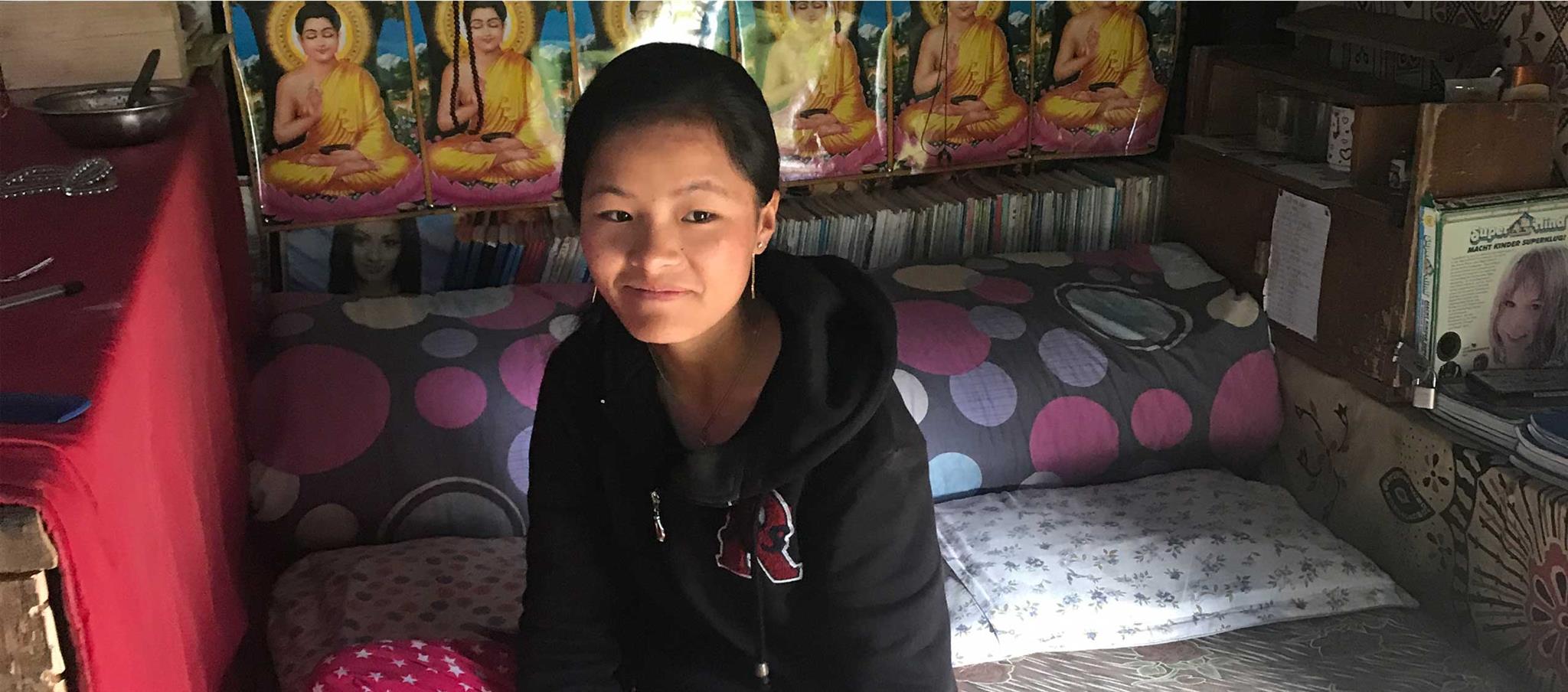In many parts of Nepal menstruation is considered a taboo.
Women are considered untouchable during the days of menstruation.
They can not touch the important areas of the house or community, such as the kitchen or the religious areas.
They are not allowed to enter temples, as menstruation is seen as being impure.
In some parts of Nepal, women are not even allowed to get into their own homes during their menstruation.
It is a custom to stay in the animal sheds.
The main reasons for this discrimination is lack of awareness and the lack of materials for women to be clean during menstruation.
“Women in rural areas do not know
the importance of menstrual hygiene.”
Due to poverty and lack of access, most women can not afford to buy disposable sanitary pads.
They use old rags and any cloth that is available in the house.
Because of such unhygienic practices, many women suffer from vaginal infections that lead to other worse conditions such us infertility, kidney complications or ovarian and pelvis infections.
To manage menstruation hygienically and with dignity,
it is essential that women and girls have access
to sanitary wear, water, and sanitation.
They need somewhere private to change sanitary clothes or pads; clean water and soap for washing their hands, bodies and reusable clothes;
and facilities for safely disposing of used materials or a clean place to dry them if reusable.
We want give them a solution. And for this reason we created Satin Rose project:
a specific part of a huge project with the purpose to improve sanitary hygiene in rural areas of Nepal, with a particular focus on girls and women in general.




